Description
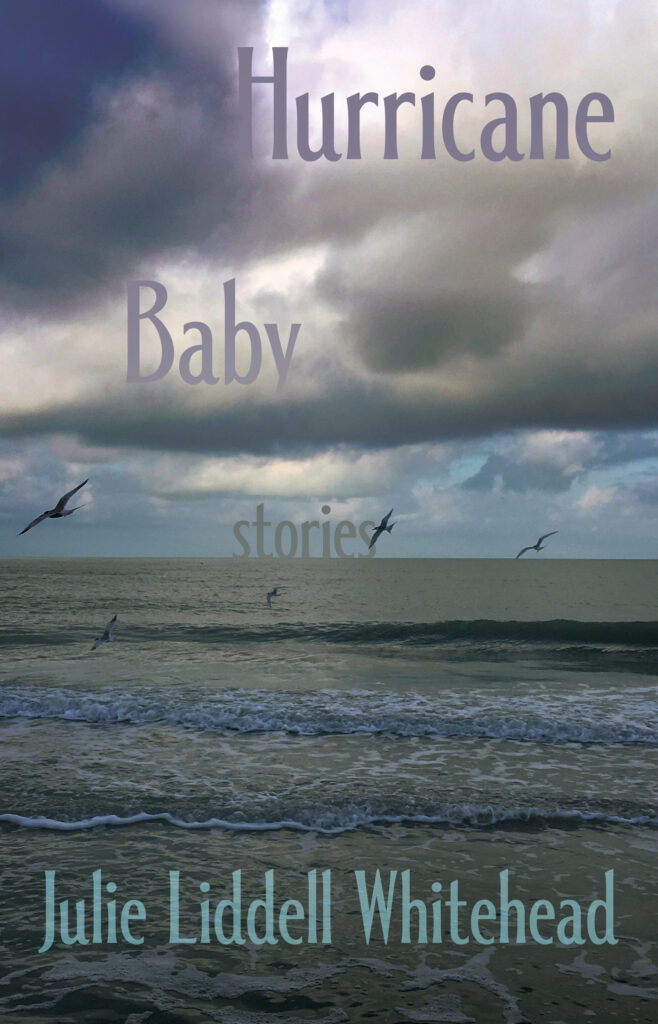 Hurricane Baby: Stories
Hurricane Baby: Stories
by Julie Liddell Whitehead
ISBN: 978-1-956440-95-9 paperback $20.95
ISBN: 978-1-956440-96-6 ebook $9.99
August 20, 2024
 Julie Liddell Whitehead lives and writes from Mississippi. An award-winning freelance writer, Julie covered disasters from 9/11 to Hurricane Katrina throughout her career. She writes on mental health, mental health education, and mental health advocacy. She has a bachelor’s degree in communication, with a journalism emphasis, and a master’s degree in English, both from Mississippi State University. In August 2021, she completed her MFA from Mississippi University for Women.
Julie Liddell Whitehead lives and writes from Mississippi. An award-winning freelance writer, Julie covered disasters from 9/11 to Hurricane Katrina throughout her career. She writes on mental health, mental health education, and mental health advocacy. She has a bachelor’s degree in communication, with a journalism emphasis, and a master’s degree in English, both from Mississippi State University. In August 2021, she completed her MFA from Mississippi University for Women.
Praise for Hurricane Baby: Stories by Julie Liddell Whitehead:
From the opening story with the storm ferociously blowing through to the days, weeks, and months of Katrina’s aftermath, Julie Whitehead’s characters are in it deep. As I read, I kept thinking I shouldn’t be having this much fun, but these are stories about living amid upheaval—what happens when lives are turned upside down and given a good shake—which are the best kind to read, if not to live. Whitehead’s characters pull you into the mess and muck of their lives as they figure out how to “get back to normal,” but “normal” often looks different after tragedy. I loved Hurricane Baby, which is a necessary and fresh addition to Hurricane Katrina literature.⎯Mary Miller—author of Biloxi: A Novel and Always Happy Hour: Stories
Julie Whitehead’s journalistic skill packs the stories of Hurricane Baby with detail and authenticity. She transforms the term hurricane from a noun into a pulsing country and citizenry of its own. There is a baby in a carrier pulled from his Louisiana mother and house shards, another infant born too soon in the atmospheric cloak of low pressure. The wind upends a Mississippi woman’s idea of herself as ferociously as it does her property. Whitehead’s work illuminates how a storm’s story can’t help but be an epic human story as well.⎯Ellen Ann Fentress, author of The Steps We Take: A Memoir of Southern Reckoning
If you lived through Hurricane Katrina, then these stories by Julie Whitehead will set your pulse racing and flood you with adrenaline. Filled with jarring reality, plain-spoken truths, soulful yearnings, outright fear, courage and its traumatic aftermath, these tales must not be binged but marveled at, one by one. You will not forget them.—Steve Yates, author of The Legend of the Albino Farm and Sandy and Wayne
The conflicts in these stories ring true. A storm is something incredibly difficult to get over, and it continues to affect lives after the eye has passed through. These stories describe the aftereffects of the storm, and the metaphor of the “hurricane baby” weaves its way throughout, reminding us that as a hurricane changes lives, so childbirth also uproots lives in both good and bad ways.—Mike Hilbig, author of Judgment Day & Other White Lies
Part of the beauty of Hurricane Baby is Julie Whitehead’s careful attention to how southerners live and thrive in context to the natural disasters that shape and overwhelm our narratives. These are stories that shine a light on the sometimes quiet, sometimes loud resilience of everyday people. —C.T. Salazar, Author of Headless John the Baptist Hitchhiking: poems
Interviews and articles about Hurricane Baby
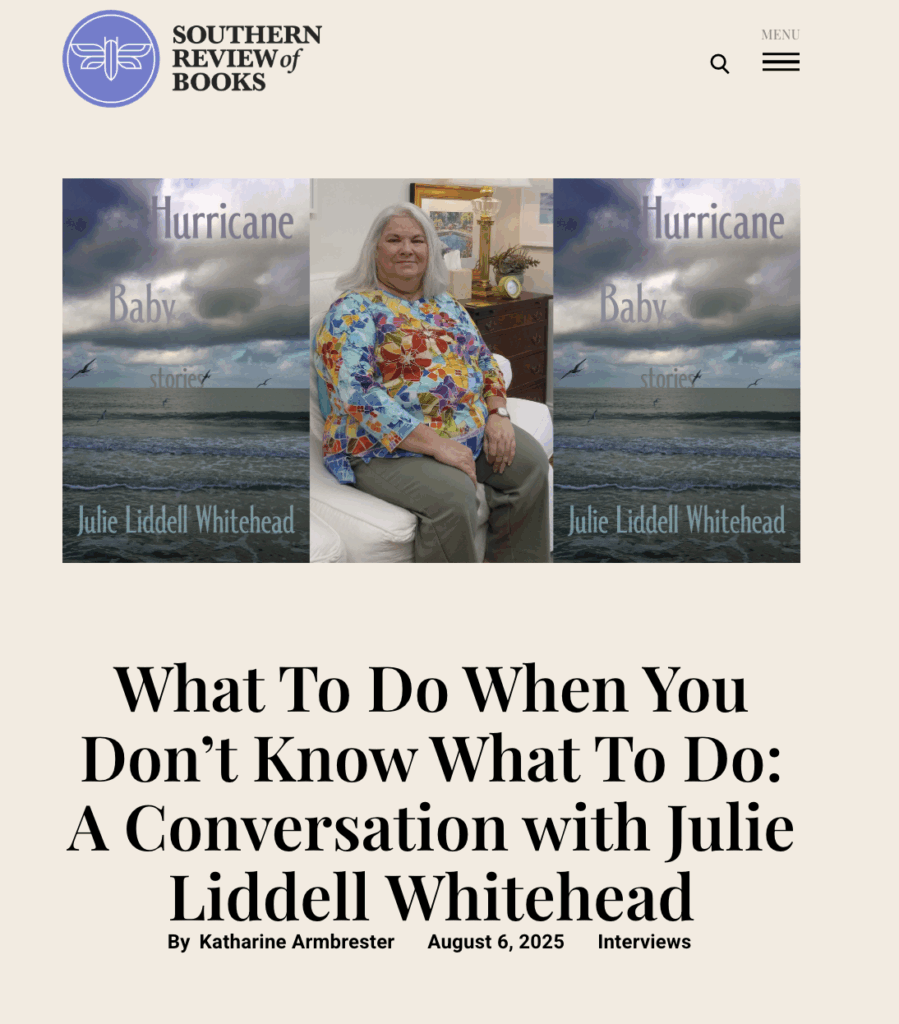
by Katharine Armbrester for the Southern Review of Books. Click image to read the full interview.

https://www.pressreader.com/usa/starkville-daily-news/20240731/281479281682858

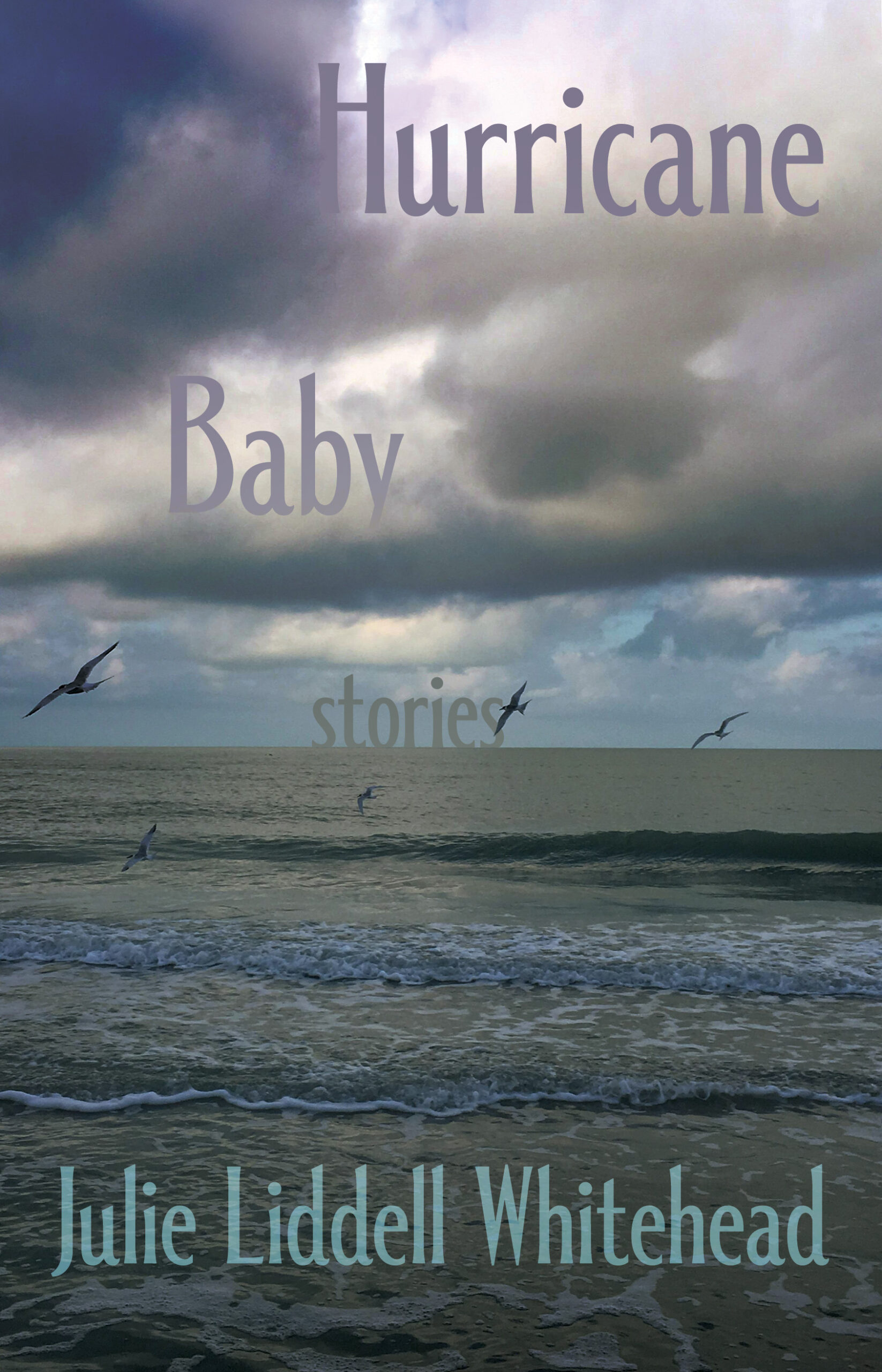
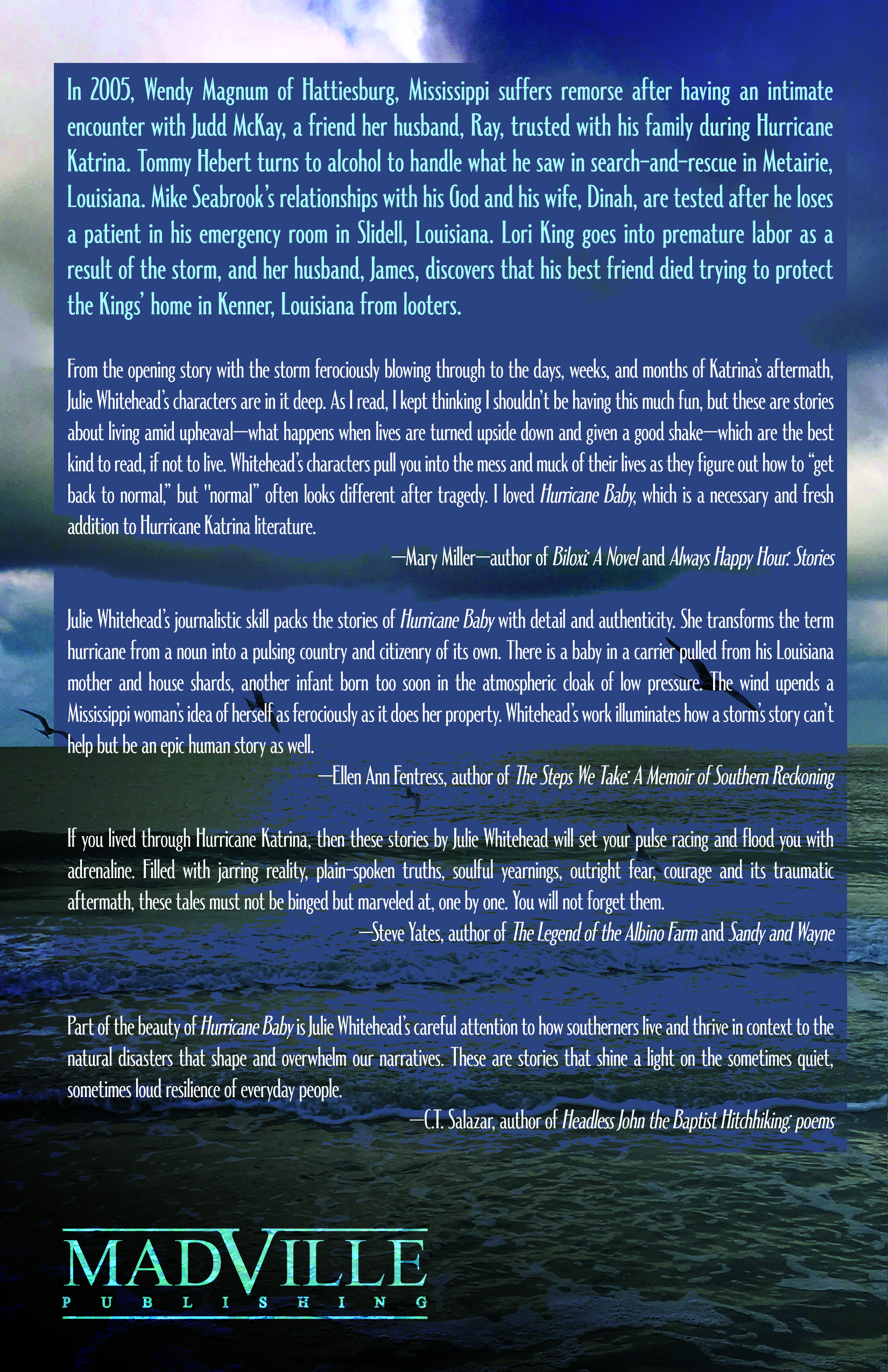


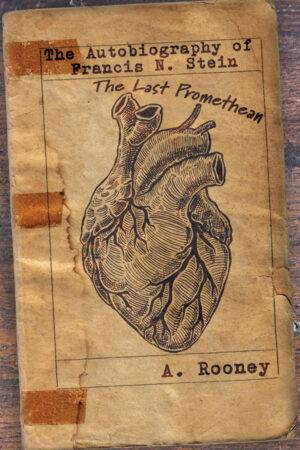
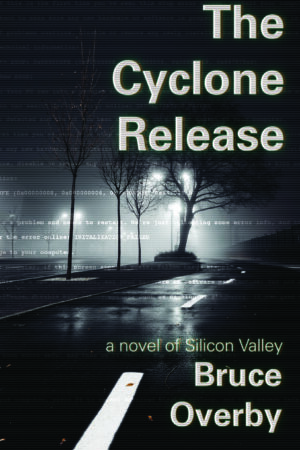
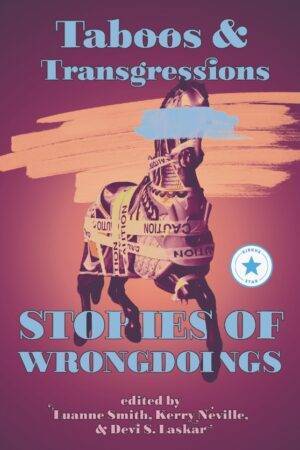
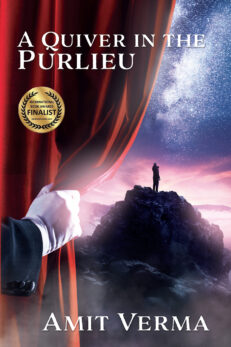
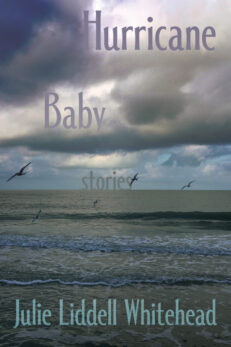
kpdavis –
Oh baby! Don’t read this without a box of tissues handy. Julie Liddell Whitehead has the voice just right, and the journalist in her wrote it like it happened, sort of, or could have happened when Hurricane Katrina devastated the coast of Mississippi as well as Louisiana.